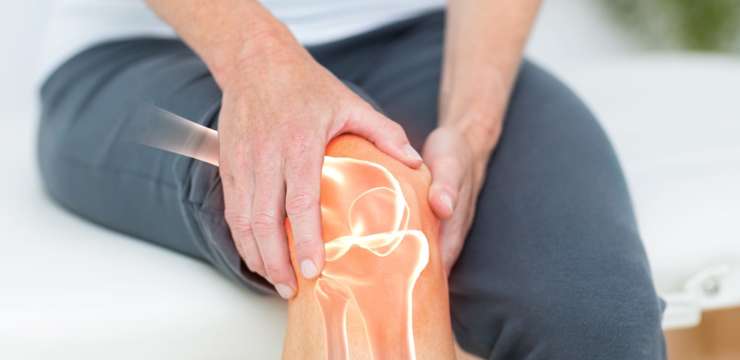A pinched nerve in the hip can cause numbness, tingliness, weakness, and pain. A pinched/compressed nerve creates pressure that can result from a bone structural…


A pinched nerve in the hip can cause numbness, tingliness, weakness, and pain. A pinched/compressed nerve creates pressure that can result from a bone structural…
Spondylitis Anti-Inflammation Diet: Individuals who have a chronic back pain condition can be recommended to have two or more vertebrae fused to correct the problem/s…

Flexibility and range of motion are essential elements for an individual’s overall health, physical fitness, and quality of life. Healthy flexibility helps the body: Maintain…

Musculoskeletal Disorders, or MSDs, are injuries, conditions, and disorders that affect the body’s musculoskeletal system. It includes the muscles, tendons, ligaments, nerves, discs, blood vessels,…

Arthritis can be a debilitating disease that interferes with everyday life. There are over 20% of adults aged 65 and older that have arthritis along…

Sciatica Causes: The sciatic nerve forms by the union of Lumbar4 to Sacral31 nerve roots and exits the pelvis through the greater sciatic foramen, below…

Psoriatic arthritis can develop in individuals who have psoriasis, affecting various joints, especially the knees. Psoriasis is a skin condition that causes skin cells to…

Managing rheumatoid arthritis is an ongoing balancing act. Despite following the rheumatologist’s lifestyle instructions, proper medication use, and a well-maintained RA plan, flare-ups can still…

Rheumatoid arthritis is said to affect around 1.5 million individuals. Recognized as an autoimmune condition that presents with chronic pain in the body’s joints. It…

Melatonin works as a link between circadian rhythms of different target tissues distributed on our body. The pineal gland primarily secretes melatonin, but other tissues…

There are currently 54 million adults who suffer from Arthritis. Additionally, about 9% of adults have some type of arthritis-attributed activity limitation. The CDC predicts the number of those diagnosed with arthritis will only continue to rise in the years coming. Arthritis means inflammation of the joints. With Arthro meaning joint and itis referring to inflammation, it is clear that joint inflammation is the symptom being referred to. Many conventional approaches to arthritis treatment are aimed at reducing the inflammation of the joints. These medications also come with a heavy dose of side effects including kidney failure, gastritis, and bleeding in the stomach. Looking from a functional perspective, we pinpoint what is causing the inflammation in the first place. By resolving the overall inflammation in the body and creating a holistic plan to treat and reduce what is causing the inflammation, the joint inflammation ultimately subsides.

Insulin resistance is linked to major health conditions such as: obesity, prediabetes, diabetes, hypertension (high blood pressure), artery disease, cancer, arthritis, and neurodegenerative diseases. To reduce your chances of insulin resistance, take the steps to make positive changes in your lifestyle. Some simple steps include reducing your intake of sugary drinks and only drinking water, exercising regularly, and cutting out sugar, carbs, and foods with a high glycemic index.